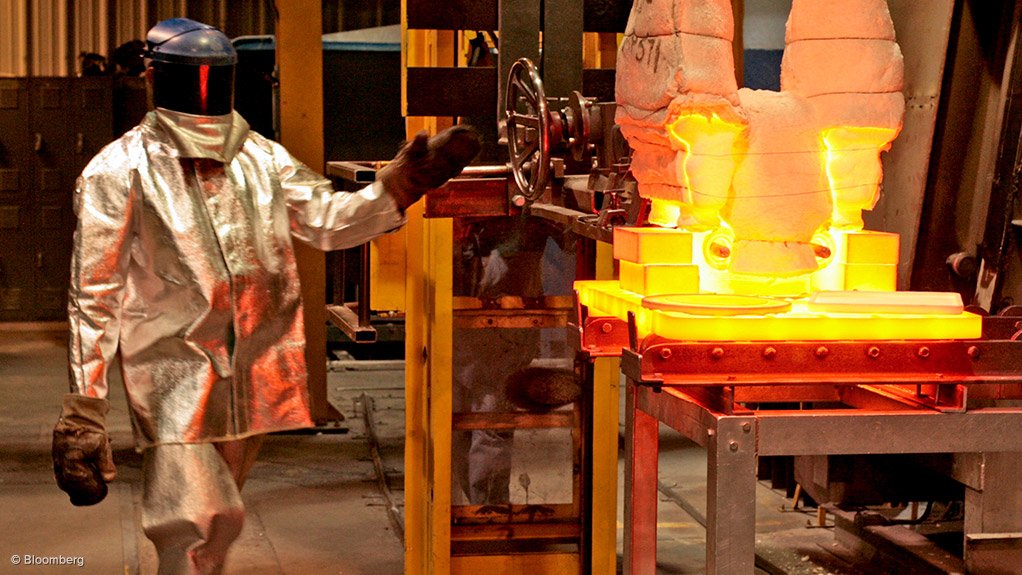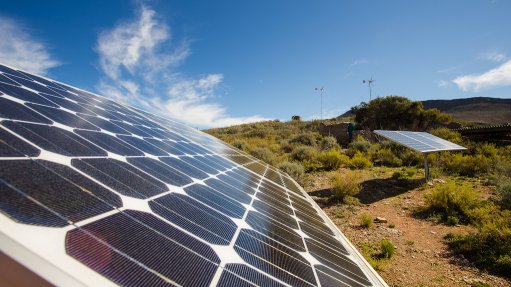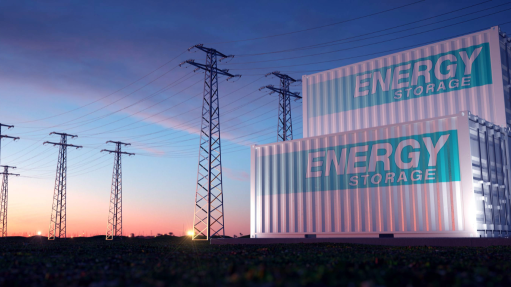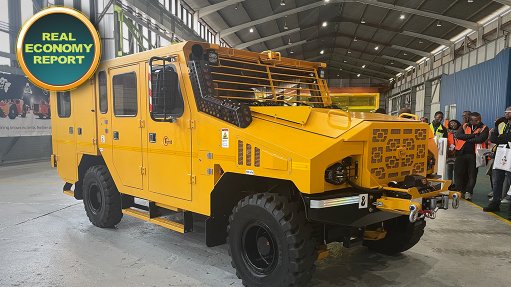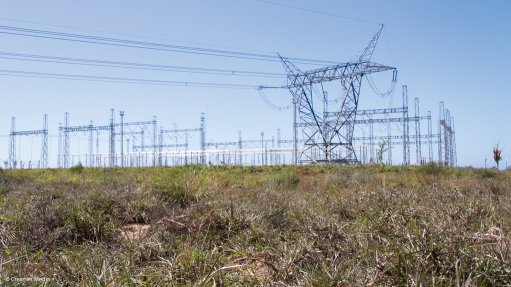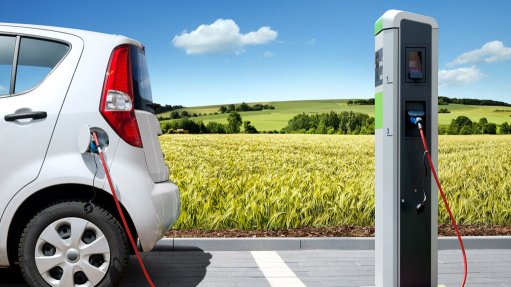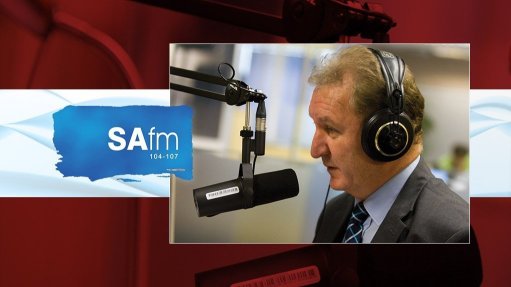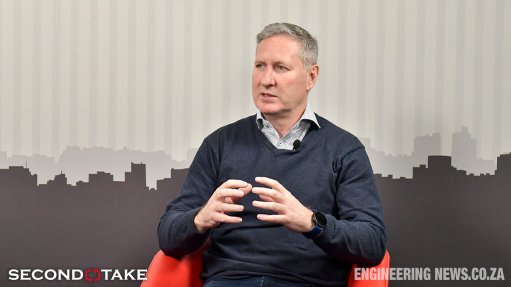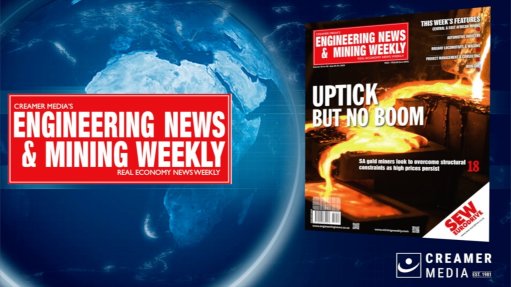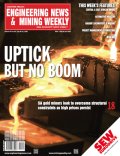Alcoa starts trial to lower carbon footprint
PERTH (miningweekly.com) – The federal government has announced a A$11.3-million investment, through the Australian Renewable Energy Agency, to support aluminium producer Alcoa’s A$28.2-million trial using renewable energy to process bauxite into alumina, a key part of the aluminium supply chain.
Alcoa this week announced the development project which had the potential to significantly reduce carbon emissions in the alumina refining process, which would further enhance the company’s strong sustainability performance across the aluminium value chain.
The aluminium major is trialling a process known as mechanical vapor recompression (MVR), using electricity sourced from renewable energy to power compressors to turn waste vapour into steam, which would then be used to provide refinery process heat.
If the feasibility studies are successful, Alcoa plans to install a 3 MW MVR module with renewable energy at the Wagerup refinery, in Western Australia, by the end of 2023 to test the technology at scale.
“Already, Alcoa is the world’s lowest carbon intensity alumina producer, and the application of MVR, if proven successful, would be an important step forward in further reducing greenhouse gas emissions,” said Alcoa VP for continuous improvement, Eugenio Azevedo.
“Using lower carbon alumina in the smelting process will reduce the overall carbon footprint of the metal, too, when considering the indirect and direct emissions across bauxite mining, alumina refining and aluminum smelting and casting.”
The MVR technology powered by renewable energy could reduce an alumina refinery’s carbon footprint by 70%. The technology also has the potential to significantly reduce water use in the refining process by capturing water vapour that would otherwise be lost to the atmosphere, Azevedo said.
Federal Energy and Emissions Reduction Minister Angus Taylor said that the government was committed to investing in technology to maintain and expand Australia’s energy-intensive export industries and the well-paid jobs they provide.
“The government will continue to work with businesses and energy-intensive industries to bring down emissions in ways that increase their international competitiveness, and this project is an exciting step in that direction. Through projects like this, we are reducing emissions by investing in technology, not taxes. Innovation, not elimination, is the key here,” Taylor said.
“This support goes hand-in-hand with the government’s focus on reducing energy prices to support consumers and energy-intensive businesses like aluminium smelters.”
Taylor noted that the government recently secured the future of the Portland aluminium smelter, which provides more than 500 jobs in Victoria.
“This technology has the potential to be a game-changer for the aluminium industry and could reduce total domestic emissions by up to 1.5% in future.”
Australia is the world’s largest exporter of alumina and accounts for around 15% of global refining capacity. The aluminium industry is Australia’s sixth largest export industry by value, at around A$12.7-billion in 2019/20, employing more than 22 000 Australians.
Alumina refining is an energy-intensive process that currently accounts for approximately 20% of Australia’s direct, non-electricity manufacturing emissions, or 11-million tonnes annually.
Alcoa’s Australian arm has filed provisional patent applications in Australia for the use of MVR technology in the alumina refining process. The patent applications cover a variety of MVR applications in retrofit and greenfield scenarios in refining.
Comments
Press Office
Announcements
What's On
Subscribe to improve your user experience...
Option 1 (equivalent of R125 a month):
Receive a weekly copy of Creamer Media's Engineering News & Mining Weekly magazine
(print copy for those in South Africa and e-magazine for those outside of South Africa)
Receive daily email newsletters
Access to full search results
Access archive of magazine back copies
Access to Projects in Progress
Access to ONE Research Report of your choice in PDF format
Option 2 (equivalent of R375 a month):
All benefits from Option 1
PLUS
Access to Creamer Media's Research Channel Africa for ALL Research Reports, in PDF format, on various industrial and mining sectors
including Electricity; Water; Energy Transition; Hydrogen; Roads, Rail and Ports; Coal; Gold; Platinum; Battery Metals; etc.
Already a subscriber?
Forgotten your password?
Receive weekly copy of Creamer Media's Engineering News & Mining Weekly magazine (print copy for those in South Africa and e-magazine for those outside of South Africa)
➕
Recieve daily email newsletters
➕
Access to full search results
➕
Access archive of magazine back copies
➕
Access to Projects in Progress
➕
Access to ONE Research Report of your choice in PDF format
RESEARCH CHANNEL AFRICA
R4500 (equivalent of R375 a month)
SUBSCRIBEAll benefits from Option 1
➕
Access to Creamer Media's Research Channel Africa for ALL Research Reports on various industrial and mining sectors, in PDF format, including on:
Electricity
➕
Water
➕
Energy Transition
➕
Hydrogen
➕
Roads, Rail and Ports
➕
Coal
➕
Gold
➕
Platinum
➕
Battery Metals
➕
etc.
Receive all benefits from Option 1 or Option 2 delivered to numerous people at your company
➕
Multiple User names and Passwords for simultaneous log-ins
➕
Intranet integration access to all in your organisation



